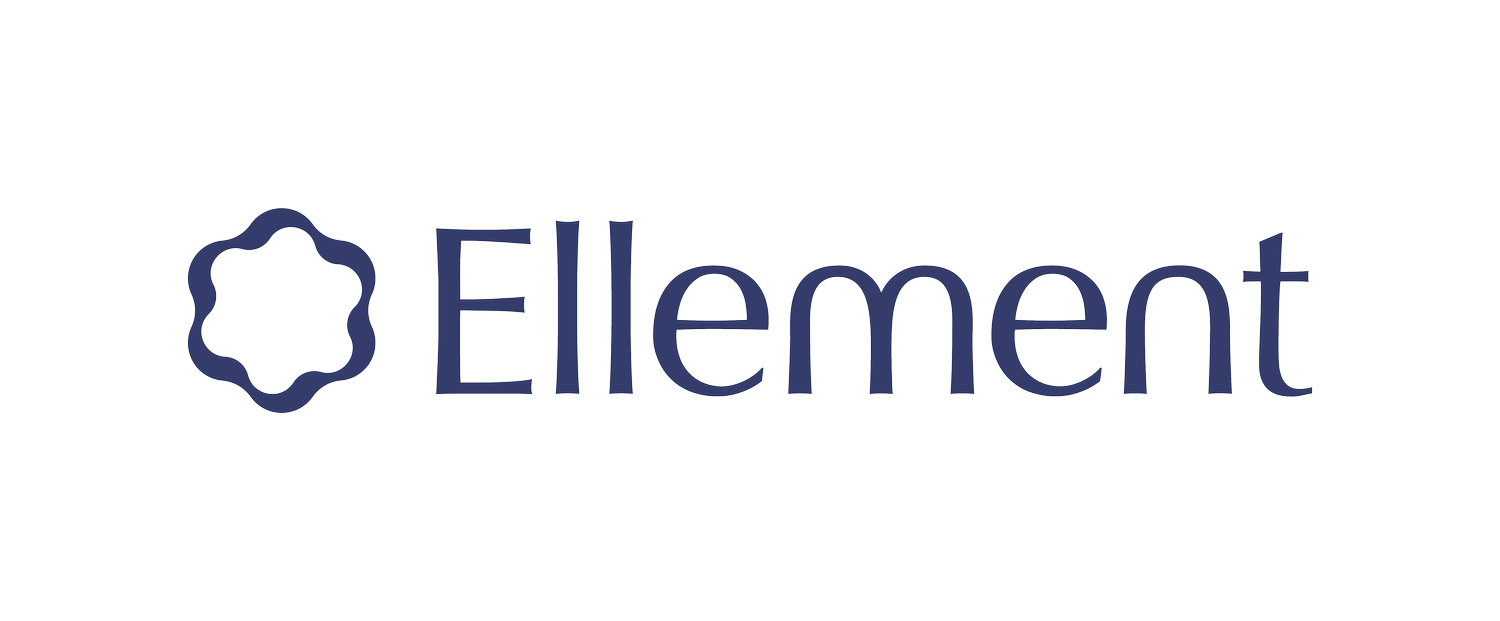Preeclampsia is a serious condition affecting 5% to 8% of all pregnancies.
Source: Society for Maternal-Fetal Medicine (SMFM)
Preeclampsia FAQs
-
Preeclampsia is a pregnancy-related condition characterized by high blood pressure (also called hypertension) that typically develops after the 20th week of pregnancy. It is often accompanied by signs of damage to organs, most commonly the liver and kidneys, and can lead to complications such as reduced blood flow to the placenta, restricted fetal growth, and in severe cases, it can be life-threatening for both the mother and baby.
-
Preeclampsia is a relatively common condition during pregnancy, affecting approximately 5-8% of pregnancies worldwide. The prevalence can vary based on factors such as maternal age, underlying health conditions, and socioeconomic factors. While the majority of cases occur in first-time pregnancies, preeclampsia can also occur in subsequent pregnancies. It is important for pregnant individuals to receive regular prenatal care and monitoring to detect and manage preeclampsia in a timely manner, as it can have significant implications for both the mother and the baby's health.
-
ACOG (American College of Obstetricians and Gynecologists) identifies several severe and moderate risk factors for preeclampsia. Severe risk factors include a history of preeclampsia in a previous pregnancy, chronic hypertension, certain medical conditions (such as kidney disease, diabetes, or lupus), and multiple pregnancies (such as twins or triplets). Moderate risk factors include maternal age over 35, obesity, family history of preeclampsia, and interval between pregnancies of more than 10 years. It is important to note that the presence of these risk factors does not guarantee the development of preeclampsia, but they indicate an increased likelihood, requiring appropriate monitoring and care during pregnancy.
Ellement provides screening support for preeclampsia risk assessment as part of the onboarding process. Customers can participate in a brief risk factor screener and receive recommendations to discuss preeclampsia risk with their medical provider.
-
Symptoms of preeclampsia include high blood pressure, proteinuria (presence of protein in urine), swelling in the hands and face, rapid weight gain, severe headaches, visual disturbances, and upper abdominal pain. It's important to note that some individuals may not experience noticeable symptoms. Regular prenatal care and monitoring are crucial to detect and manage preeclampsia, as it can have significant implications for both the mother and baby's health. If any concerns arise, it's important to consult with a healthcare provider for proper diagnosis and evaluation.
-
The treatment of preeclampsia depends on the severity and gestational age of the baby. It involves regular monitoring of blood pressure, urine protein levels, and fetal well-being. Medications may be prescribed to manage hypertension. Bed rest and activity modification may be recommended. In severe cases, delivery of the baby may be necessary. Close adherence to healthcare provider's recommendations and regular prenatal care are essential for effective management of preeclampsia.
-
While there is no known way to guarantee the avoidance of preeclampsia, there are strategies that may help lower the risk or mitigate its severity. These strategies include attending regular prenatal check-ups to monitor blood pressure and overall health, ensuring adequate calcium intake, managing chronic conditions like hypertension, and discussing the potential use of Low-Dose Aspirin with your healthcare provider. It is important to note that while these strategies have been increasingly studied to help lower the risk, they cannot guarantee prevention.
-
Low-dose aspirin has been studied as a potential intervention to lower the risk of preeclampsia in certain high-risk individuals. It is typically recommended for pregnant individuals who are at a higher risk of developing preeclampsia based on specific factors such as a history of preeclampsia in a previous pregnancy, chronic hypertension, certain medical conditions, or multiple pregnancies (e.g., twins or triplets).
The exact mechanism by which low-dose aspirin reduces the risk of preeclampsia is not fully understood. However, it is believed to work by improving blood flow to the placenta, reducing inflammation, and enhancing the function of blood vessels. These effects may help mitigate the development of preeclampsia or lessen its severity.
It is important to note that the use of Low-Dose Aspirin for preeclampsia prevention should be discussed and recommended by your healthcare provider. They can evaluate individual risk factors and determine the appropriate dosage and duration of aspirin therapy. Not all pregnant individuals will benefit from LDA, so personalized medical advice is essential.
How Does Ellement Approach Low-Dose Aspirin (LDA) for Reduction of Preeclampsia Risk During Pregnancy?
Screening support
Ellement provides screening support for preeclampsia risk assessment, allowing individuals to have informed discussions with their healthcare providers about the suitability of low-dose aspirin (LDA) for their unique circumstances. With Ellement, customers can participate in a brief risk factor screener during onboarding, and based on the results, receive recommendations to discuss the potential benefits and considerations of LDA with their healthcare providers. This screening support facilitates important conversations about preeclampsia risk and LDA usage, ensuring informed decision-making.
Convenient bundling
Ellement offers a helpful solution to enhance compliance with Low-Dose Aspirin (LDA) for many individuals. If approved by your healthcare provider, Ellement can include Low-Dose Aspirin alongside your prenatal supplement capsules, conveniently kitting them together in your daily supplement packets. This streamlined approach ensures that taking LDA becomes effortless and simplifies your daily routine. By integrating LDA into your prenatal supplement packets, Ellement promotes compliance and makes it easier for you to follow your prescribed regimen. Trust Ellement to provide a comprehensive solution that supports your health and simplifies your prenatal supplement routine.
Partnering with trusted practitioners
Ellement values its partnerships with esteemed medical professionals affiliated with organizations such as ACOG and SMFM, and our unique approach to custom-kitting Low-Dose Aspirin (LDA) for those who require it is based on the insights and perspectives of these healthcare providers. By encouraging our customers to engage in open discussions with their medical providers, Ellement promotes a collaborative environment that enables us to enhance the care model for all individuals, particularly those at high risk for preeclampsia who may not have been previously aware of LDA or known to inquire about it.
Testimonial
"I cannot express enough how grateful I am for Ellement during my twin pregnancy. As a mom expecting multiples, I knew I had an increased risk of preeclampsia and talked with my doctor about it. Discovering that Ellement offered a comprehensive solution that combined my prenatal nutrients with the convenience of low-dose aspirin was a game-changer. The ease of taking my daily supplements, including the bundled LDA, gave me peace of mind and confidence. With Ellement, I felt supported and empowered to prioritize the health of both myself and my precious babies. I’m thankful to Ellement for providing such a thoughtful and effective solution for women like me."
- Linnea, Ellement customer since Dec. 2022
Learn More



